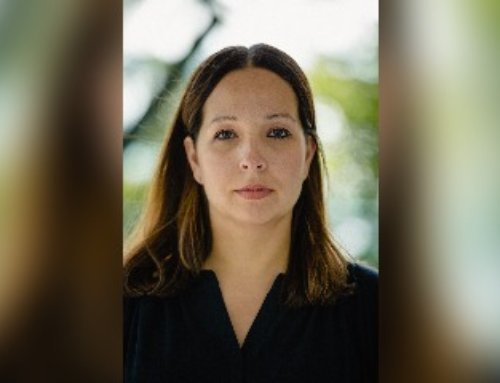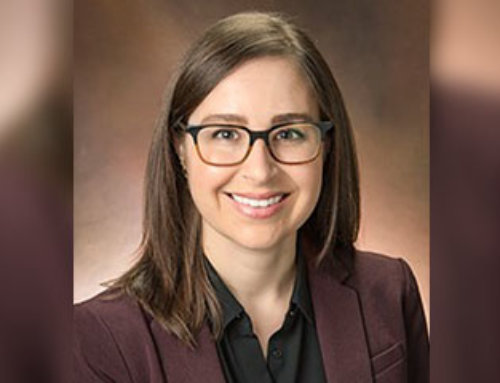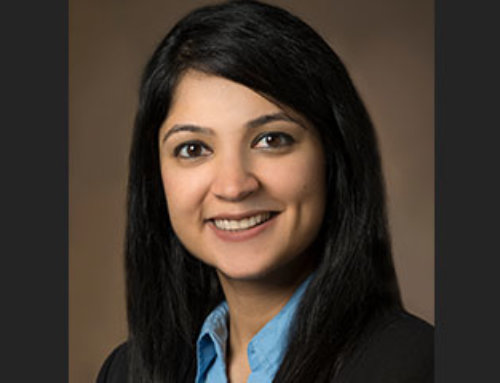2010 Strategic Research Award
Lynn Marie Trotti, MD, decided to study clarithromycin mostly by chance. A patient with refractory sleepiness was prescribed clarithromycin by her primary care physician for an infection, and subsequently she developed profound insomnia (when clarithromycin was combined with her other medications).
Following up on that observation with basic science colleagues, and then extending it to the clinical arena in patients with refractory hypersomnia, Dr. Trotti realized that clarithromycin had promise that needed to be tested in a randomized, controlled trial. Therefore, she applied for a 2010 Strategic Research Award from the American Academy of Sleep Medicine Foundation (AASM Foundation) and received an award for her project, “Clarithromycin for the treatment of hypersomnia.”
The aim of the project was to assess the safety of clarithromycin for the short-term treatment of hypersomnia related to excess GABA-A potentiation and to evaluate the efficacy of clarithromycin as a wake-promoting agent in patients with GABA-related hypersomnia (GRH).
“The award gave us the evidence to support clinical treatment with clarithromycin in carefully selected, treatment-refractory patients,” said Dr. Trotti, who is an associate professor of neurology at Emory University in Atlanta, Georgia. “To date, it is one of only three published randomized, controlled trials of any treatment of sleepiness in idiopathic hypersomnia and the only one to use clarithromycin.”
Her research was published in 2015 in Annals of Neurology (1). This study helped Dr. Trotti win the Hypersomnia Foundation’s Researcher of the Year Award in 2015, and it will serve as the preliminary data for future work on the mechanisms of clarithromycin in decreasing sleepiness.
“I encounter people with hypersomnolence from all over the country who have been treated with clarithromycin by their own sleep physicians,” Dr. Trotti said. “The AASM Foundation project helped an enormous amount with the dissemination of the idea that this treatment may help with sleepiness in refractory patients.”
In her current research, Dr. Trotti continues to study the central disorders of hypersomnolence, and she has completed two foundation-supported, randomized controlled trials testing novel treatments for hypersomnolence. Currently, she is funded by the National Institutes of Health (NIH) through a mentored patient-oriented research career development award (K23) to evaluate functional neuroimaging correlates of sleepiness and sleep inertia.
1. Clarithromycin in γ-aminobutyric acid-related hypersomnolence: A randomized, crossover trial. Ann Neurol. 2015 Sep;78(3):454-65.
Updated March 29, 2018






